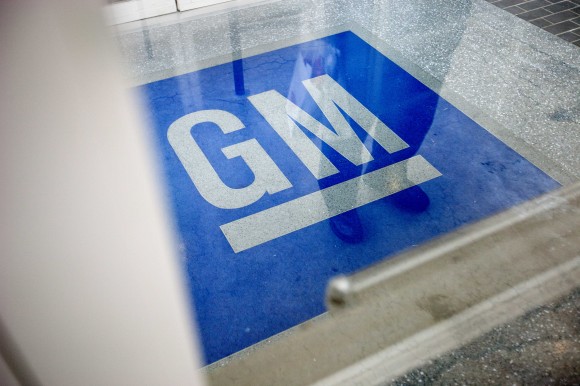General Motors’ Cruise self-driving unit will focus its development efforts on a next-generation Chevrolet Bolt rather than its planned futuristic Origin vehicle that would not have a steering wheel or other human controls, the automaker said on Tuesday.
In 2022, GM filed a petition with the National Highway Traffic Safety Administration seeking permission to deploy up to 2,500 self-driving Origin vehicles annually without human controls such as brake pedals or mirrors. The agency still has not acted on the request.
The Origin vehicle, which has subway-like doors, campfire seating and no human controls, is indefinitely on hold and it is unclear if GM will seek to deploy it in the future.
“GM and Cruise are optimizing resources to focus development of our next autonomous vehicle on the next-generation Bolt instead of the Origin,” a GM spokesperson said.
“This shift creates a more cost-effective and scalable option for pursuing an autonomous future faster, while avoiding the uncertain path to regulatory compliance in the U.S. that could impede scaling of the Origin.”
GM in November said it had temporarily halted production of its fully autonomous Cruise Origin. Cruise told employees in November the company has produced hundreds of Origin vehicles already, and that it is “more than enough for the near-term when we are ready to ramp things back up.”
GM said its decision to pause Cruise production at a Detroit plant had triggered a charge of $583 million.
Cruise faces a number of investigations – including by NHTSA, the Justice Department and Securities and Exchange Commission – after an October accident in which one of its robotaxis struck a pedestrian and dragged her 20 feet (6 meters). Cruise and GM came under heavy criticism after the accident and California revoked its permit to operate driverless vehicles.
In 2018, GM petitioned the NHTSA to allow the use of a car built on a Chevrolet Bolt without steering wheels or brake pedals. In 2020, GM withdrew the petition.
GM CEO Mary Barra noted on Tuesday that Cruise in recent months had resumed testing of its robotaxis with human safety drivers in three cities and recently hired a new CEO.
Barra previously said the business could generate $50 billion in annual revenue by 2030. Cruise has lost more than $8 billion since 2017 and in January GM said it was cutting spending at Cruise by about $1 billion.
(Reporting by David Shepardson; Editing by Emelia Sithole-Matarisee and Rod Nickel)





















 Insurance Groundhogs Warming Up to Market Changes
Insurance Groundhogs Warming Up to Market Changes  RLI Inks 30th Straight Full-Year Underwriting Profit
RLI Inks 30th Straight Full-Year Underwriting Profit  Retired NASCAR Driver Greg Biffle Wasn’t Piloting Plane Before Deadly Crash
Retired NASCAR Driver Greg Biffle Wasn’t Piloting Plane Before Deadly Crash  Execs, Risk Experts on Edge: Geopolitical Risks Top ‘Turbulent’ Outlook
Execs, Risk Experts on Edge: Geopolitical Risks Top ‘Turbulent’ Outlook 




